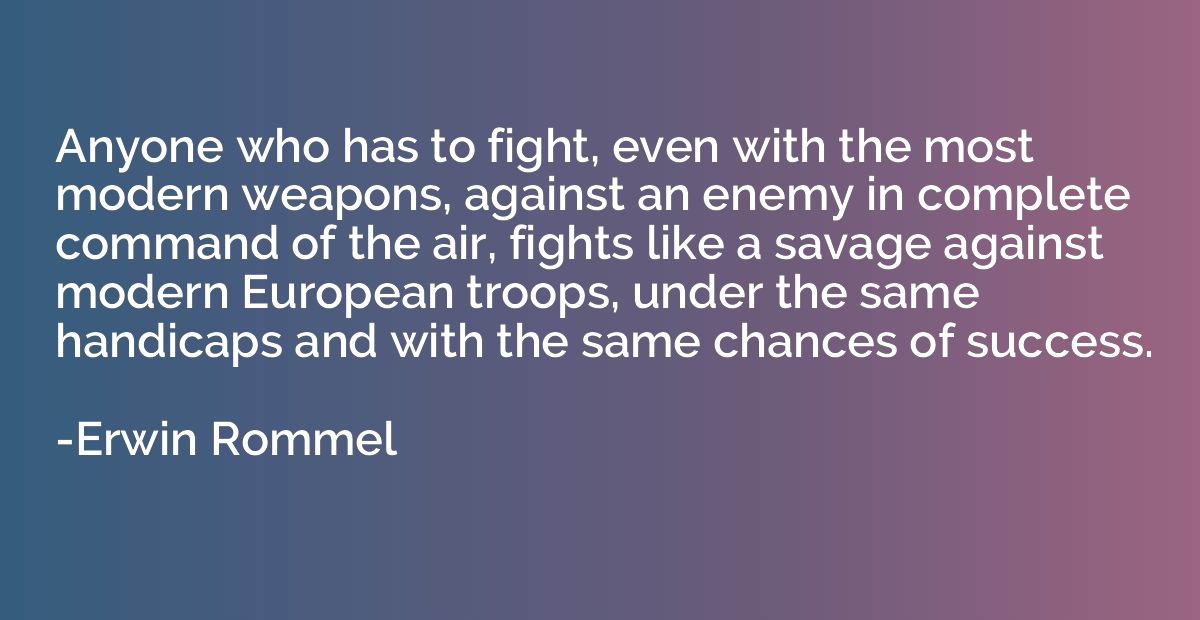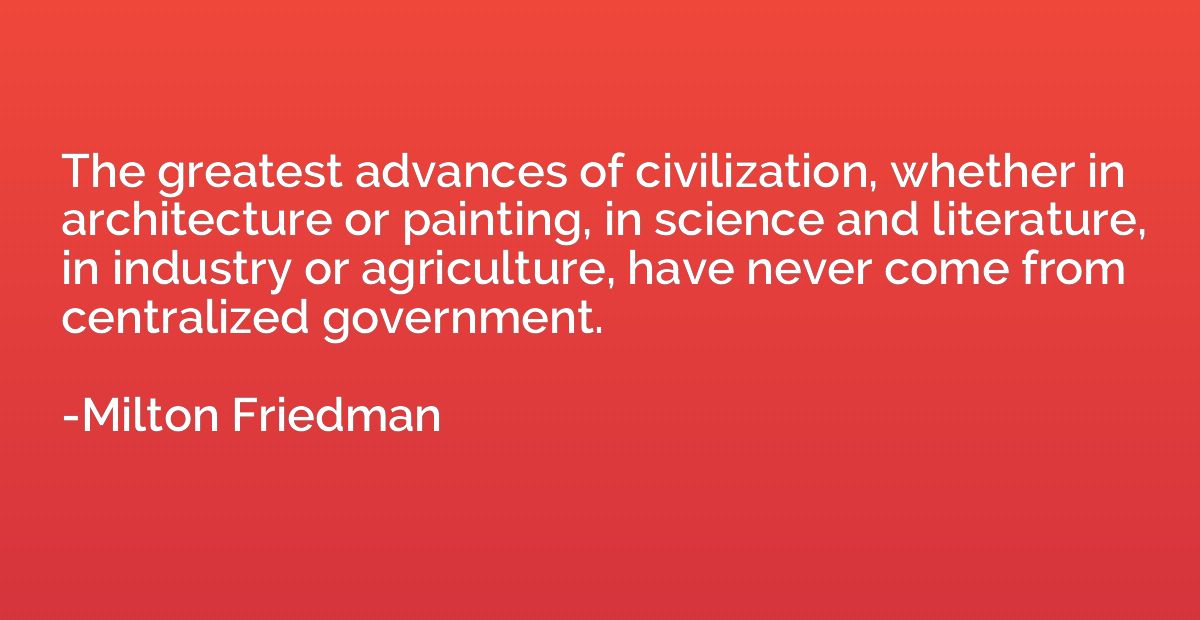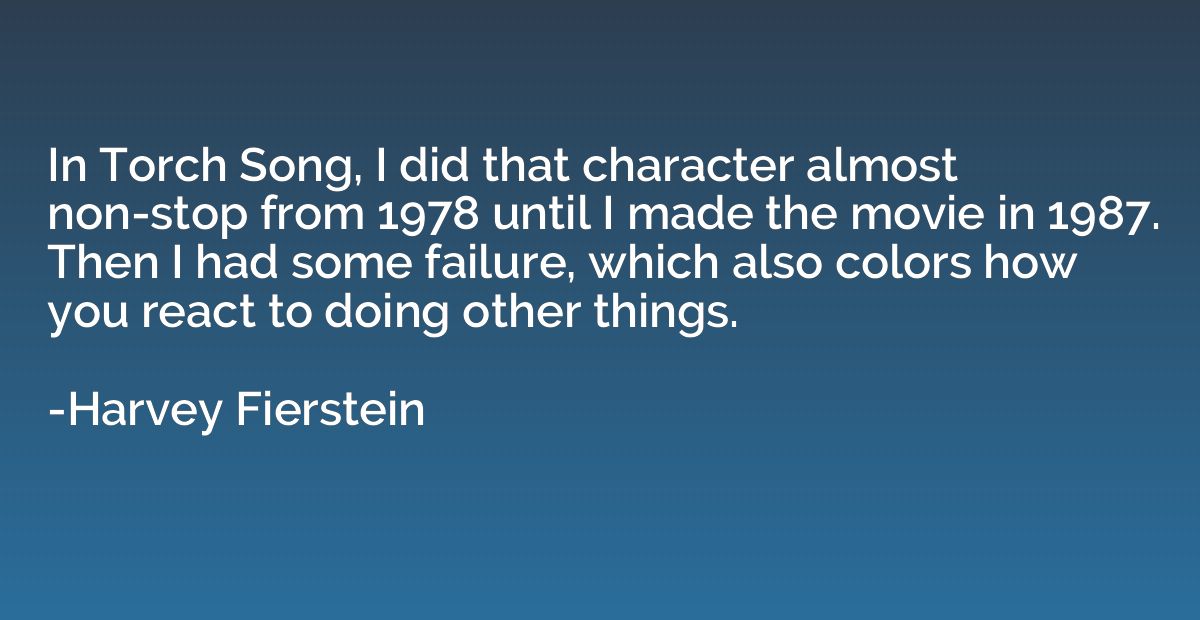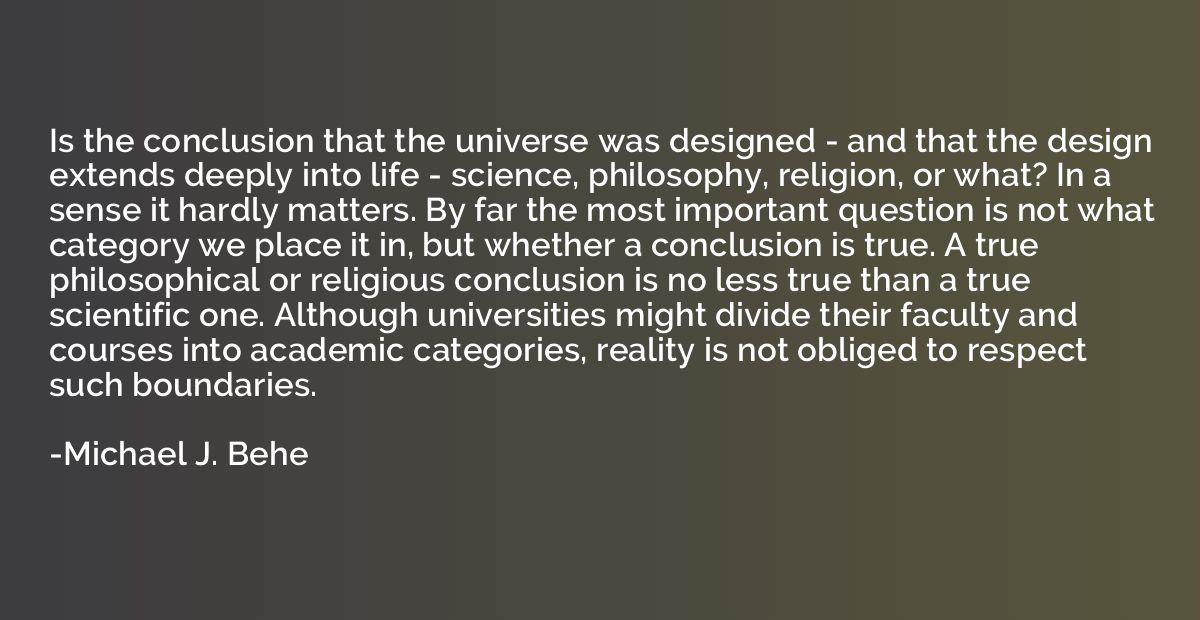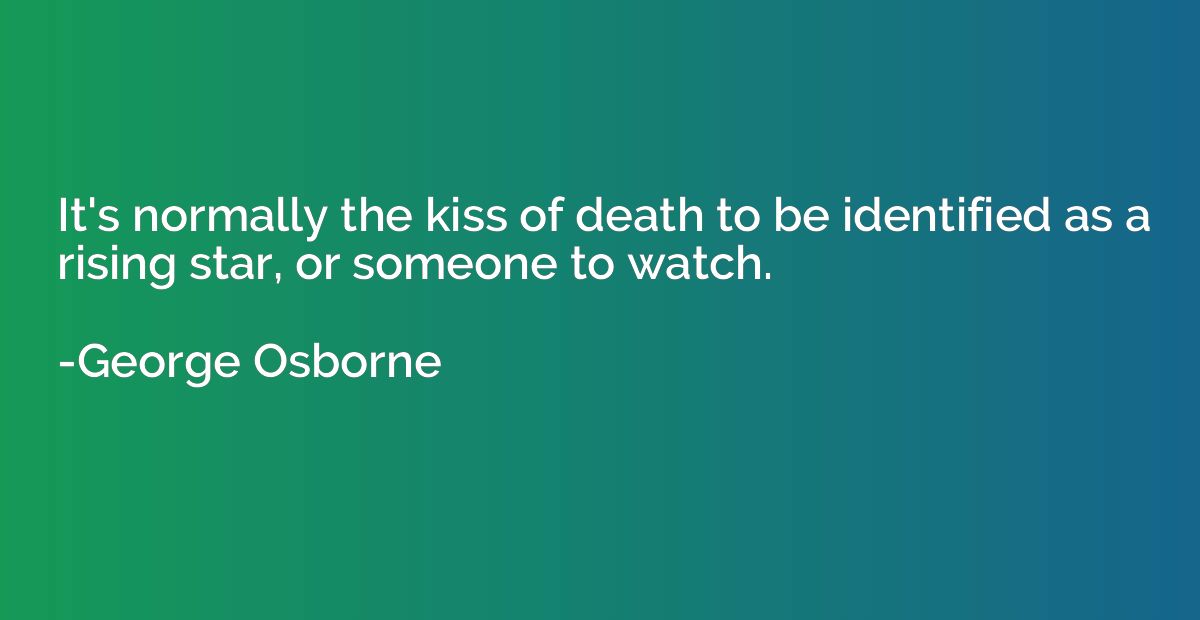Quote by Virginia Woolf
Publicity in women is detestable. Anonymity runs in their blood. The desire to be veiled still possesses them. They are not even now as concerned about the health of their fame as men are, and, speaking generally, will pass a tombstone or a signpost without feeling an irresistible desire to cut their names on it.
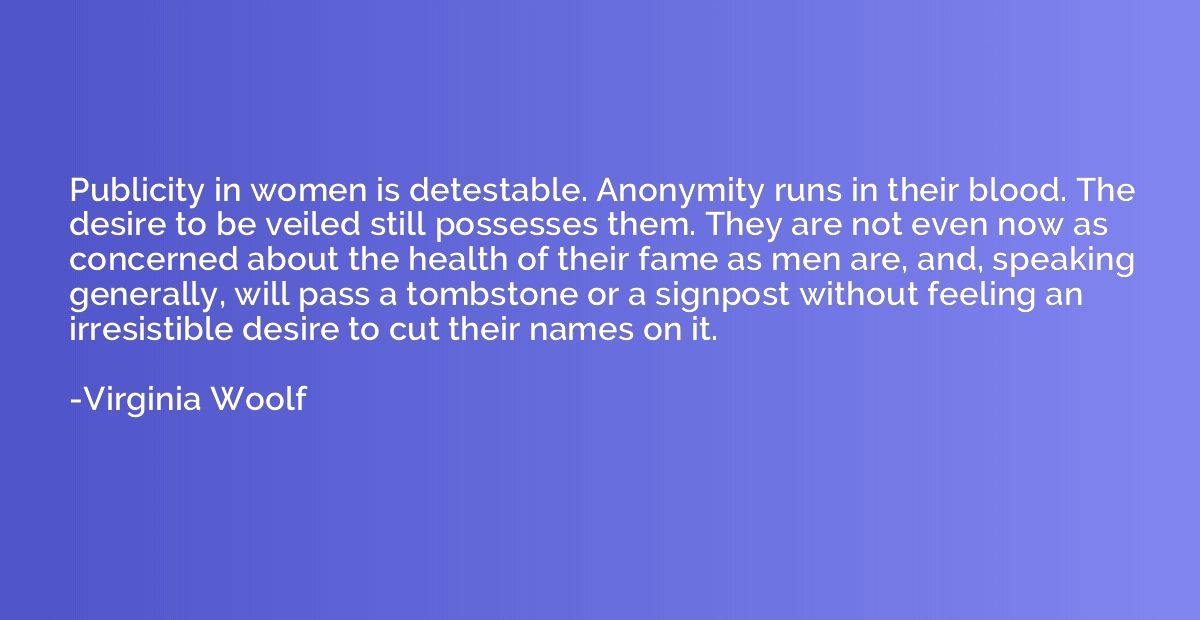
Summary
This quote suggests that women generally have a profound aversion to publicity and prefer to remain anonymous. The desire to conceal themselves is deeply ingrained in their nature. Unlike men, women do not prioritize maintaining their reputation, and they are not inclined to impulsively seek recognition or leave their mark on public spaces. This observation reflects a perception that women tend to prioritize privacy and personal significance over seeking external validation or leaving a visible legacy.




